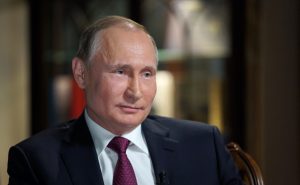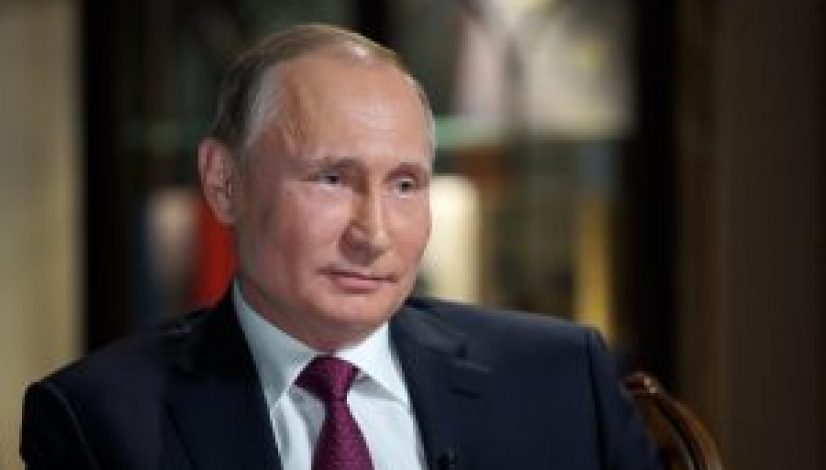The U.N. and Russia Condemn the Legalization of Cannabis in Canada
While most Canadians and many other people around the world may be applauding Canada’s passage of the Cannabis Act, not everyone is happy about it. The most prominent opposition to the legalization of cannabis in Canada is Russia. The U.N. also made a negative statement about the adult-use cannabis market in Canada, but their response may simply be a formality since the United Nations has also been questioning the merits of the the Schedule 1 status of cannabis.
The United Nations Office of Drugs and Crime (UNODC said in a statement, “UNODC regrets the Canadian legislature’s decision to legalize cannabis for non-medical use. As noted by the International Narcotics Control Board in its statement of 21 June, this decision contravenes the provisions of the drug control conventions, and undermines the international legal drug control framework and respect for the rules-based international order.”
The United Nations has been discussing the merits of descheduling cannabis themselves. The United Nations World Health Organization has already declared that CBD is not dangerous and is giving countries the opportunity to weigh in on the decision. Cannabis has shown very real abilities to combat chronic pain and to reduce seizures for many conditions such as epilepsy.
 Vladimir Putin
Vladimir Putin
Russian officials on the other hand do not recognize any benefits of cannabis. In fact they are pushing for the illegality of cannabis to be maintained and do not understand why Canada would legalize cannabis. Russia’s Foreign Ministry recently stated, “We expect Canada’s partners in the G7 to respond to its ‘high-handedness’ because this alliance has repeatedly declared its adherence to the domination of international law in relations between states.”
Many Canadian cannabis companies like Canopy Growth Corporation and Aurora Cannabis now have international contracts with countries in Europe as well as in Australia to cultivate and deliver medical marijuana. The European medical marijuana industry in particular is anticipated to become quite large. Germany has even incorporated medical marijuana into its national healthcare system.
As a G7 country, Canada is the first to legalize cannabis nationally for adult consumption. It has also signed international trade treaties that are clear about policies towards the drug trade which includes cannabis. However, Canada’s decision to violate these treaties may be in anticipation that amendments to those international laws may be on the horizon. If Europe and the U.N. are changing their perspective on cannabis, then why would they not change international treaties to exclude cannabis as a banned substance?
Russian President Vladimir Putin is a regular in news headlines for a myriad of reasons, but in a nutshell its his unabashed hardline stance on nearly everything. Many people speculate that he organizes the elimination of those that would oppose him but there is no doubt that he is one of the world’s leaders. It is not terribly surprising that Russia has held fast to its opposition to marijuana legalization, but if conservative states like Oklahoma can see the value of cannabis legalization, continued advocacy efforts may swing perceptions in Russia as well. Do you think Vladimir Putin has ever tried marijuana before? Is the U.S. anticipating these sorts of problems and allowing Canada to serve as the vanguard for national legalization in a G7 country.
Tags
Cannabis Actcannabis newsG7international drug policyinternational lawInternational trade treatiesrussiaSchedule 1United nationsVladimir Putin


